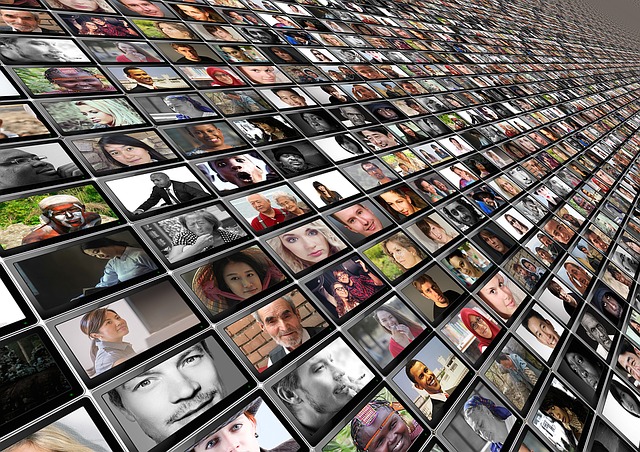
Globalization and digitalization go hand in hand. While international trade and labor mobility had already intensified before the invention of the internet, only with modern information and communication technology has the world become truly global—allowing for worldwide communication in real time, at low cost, and with a broad scope. The reduction in communication costs makes it easier for firms to manage production worldwide and, as a result, consumers benefit from lower prices. But, employment in labor-intensive sectors has significantly decreased in most high-wage countries. The latter effect has additionally been amplified by labor-saving technological change related to digitization. The economic impacts of globalization and digitalization are well researched. But globalization and digitalization also affect the way societies are organized—and the way individuals engage in politics. This dimension has gained less attention so far. But the political consequences are highly relevant and key to understanding the increasing support of nationalist movements in Europe and the US.
For a better understanding of how globalization and digitalization affect voters, we first look at the rise of the internet. Voters can use the internet to gain information on political issues but also for consumption and entertainment purposes. Consequently, the political effects of the internet should largely depend on users’ patterns of consumption. When it was first introduced, the internet had a negative effect on voting. For example, in Germany, the introduction of broadband internet significantly decreased electoral turnout, which can be related to increasing entertainment consumption. A similar effect was observed during the internet’s initial introduction to Italy. However, in the 2013 Italian general election, Beppe Grillo’s Five Star Movement mobilized former absentee voters by means of an intensive social media campaign. Evidently, social media applications have become an effective tool to further political participation in more recent years. However, social media tend to mobilize selective groups of voters, thus benefiting fringe parties with populist stances more than others.
The observation that fringe parties might benefit disproportionately from the rise of social media implies a risk of ideological lock-in if those who fear the uncertainty in an increasingly globalized world do not face up to the arguments in favor of international economic integration. As a result, the demand for nationalist policies might increase. This interpretation is supported by evidence that employment shocks induced by increasing economic integration benefit nationalist fringe parties.
For policymakers, it is important to embrace the possibilities provided by new media to interact with voters and gain credence for their arguments, whereas internet users must be aware of the potential biases in the information disseminated online. The latter can be the result of self-segregation but it can be amplified by search engines filtering information. If users learn to process the information content of the worldwide web more efficiently, online communication certainly provides the opportunities for a balanced debate on political issues. This should help to improve voters’ information and increase political participation. However, policymakers could do more to help those who do not benefit from globalization and digitalization. The overall positive welfare effects of international economic integration give scope for such policies.
© Stephan Heblich and Robert Gold
Related article:
The effect of the internet on voting behavior, by Stephan Heblich
Please note:
We recognize that IZA World of Labor articles may prompt discussion and possibly controversy. Opinion pieces, such as the one above, capture ideas and debates concisely, and anchor them with real-world examples. Opinions stated here do not necessarily reflect those of the IZA.